Self-powered microneedle patch promises simpler, faster health monitoring from dermal fluid, no batteries required.
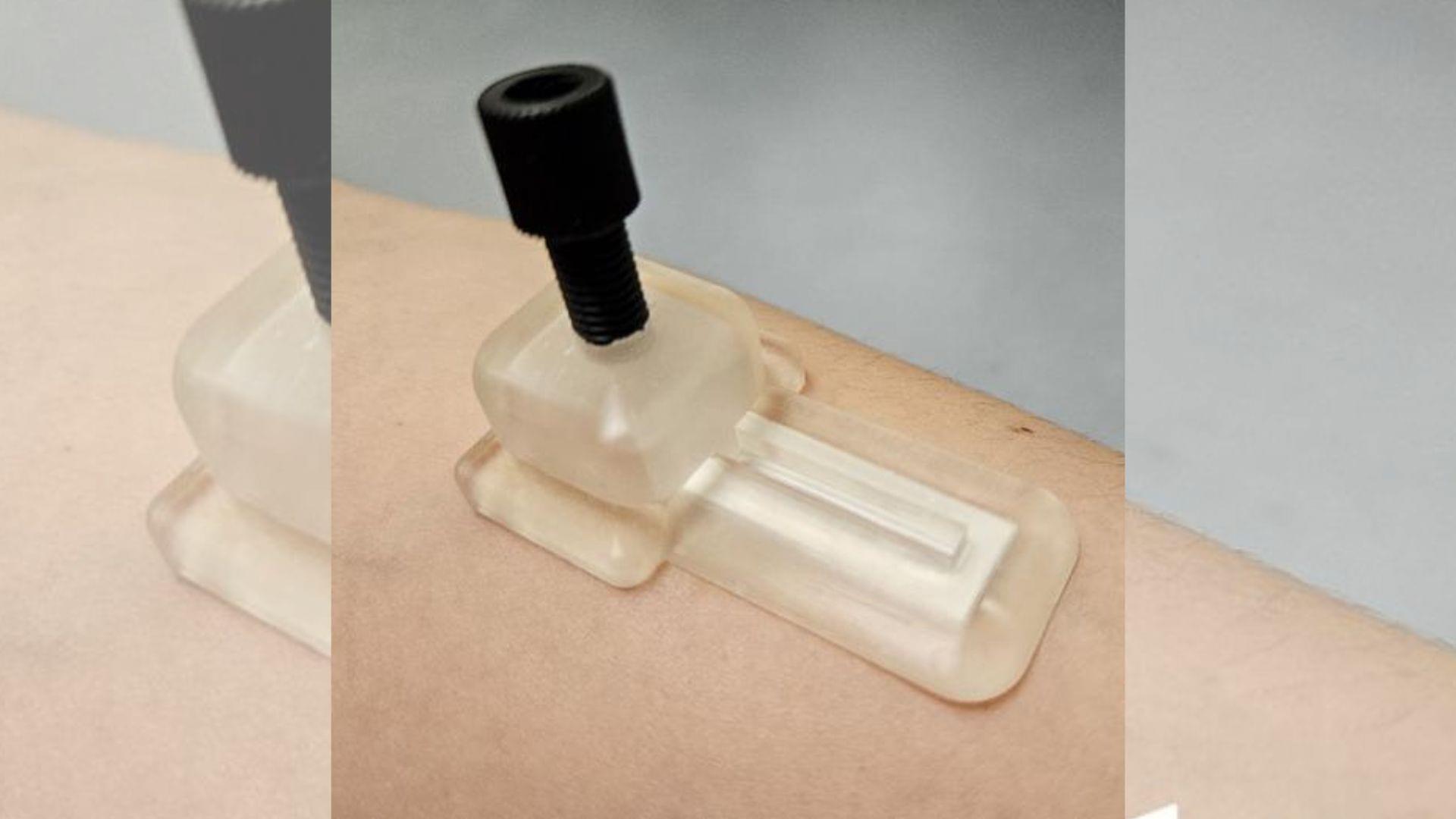


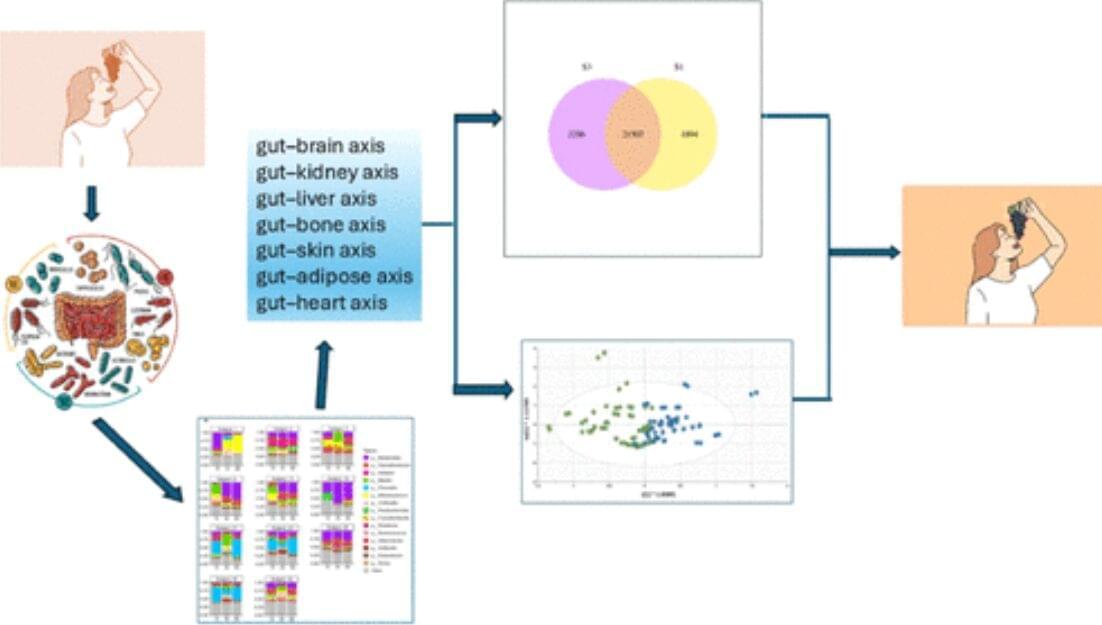
Fresh grapes contain a potent mix of over 1,600 compounds that benefit heart, brain, skin, and gut health. New evidence suggests they deserve official superfood recognition, with benefits even at the genetic level.
A new article appearing in the current issue of the peer-reviewed Journal of Agriculture and Food Chemistry explores the concept of “superfoods” and makes a case that fresh grapes have earned what should be a prominent position in the superfood family. The author, leading resveratrol and cancer researcher John M. Pezzuto, Ph.D., D.Sc., Dean of the College of Pharmacy and Health Sciences at Western New England University, brings forth an array of evidence to support his perspective on this issue.
As noted in the article, the term “superfood” is a common word without an official definition or established criteria. Mainstream superfoods are typically part of the Mediterranean Diet and generally rich in natural plant compounds that are beneficial to a person’s health. Pezzuto addresses the broader topic of superfoods in detail, then makes the scientific case for grapes, noting that fresh grapes are underplayed in this arena and often not included with mention of other similar foods, such as berries.
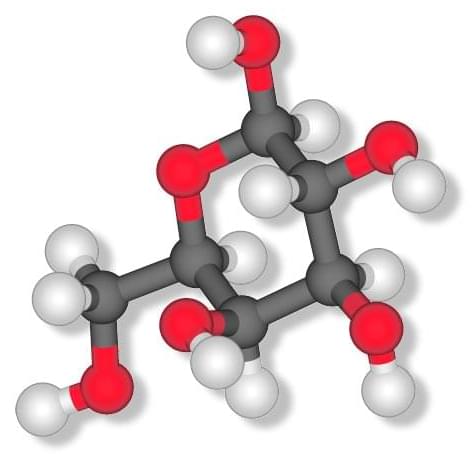


Research on exercise and brain disorders has traditionally focused on its direct regulatory effects on neurons and synapses, neglecting peripheral organ-mediated pathways. To address this gap, this review proposes the novel concept of the “multi-organ-brain axis.” This concept posits that during brain disorders, functional alterations in peripheral organs such as skeletal muscle, heart, liver, adipose tissue, and spleen can disrupt metabolic and immune homeostasis, thereby bidirectionally modulating brain function via signaling molecules and metabolites.
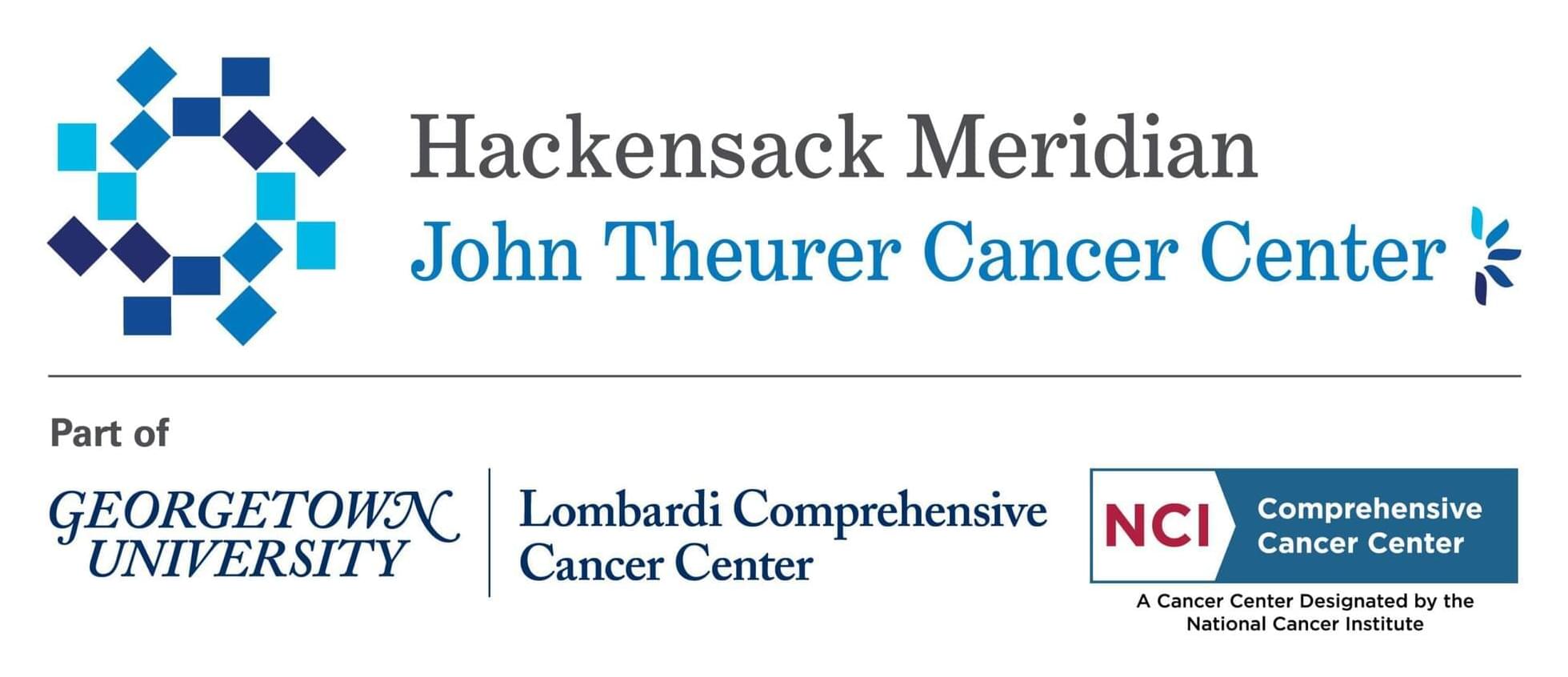
Georgetown Lombardi, Washington’s only National Cancer Institute-designated Comprehensive Cancer Center, serves as the research engine for MedStar Health, Georgetown University’s clinical partner. Georgetown Lombardi is also an NCI-recognized research consortium with John Theurer Cancer Center of Hackensack Meridian Health in Bergen County, New Jersey.
They have a blog with alot of useful cancer information you can share. There is info about them circulating about cancer vaccines and clinical trials. Check em out:
(You can repost their posts or contact them to recieve information from them directly. Lombardi Comprehensive Cancer Center 3,800 Reservoir Rd. NW Washington D.C. 20,057 Phone: 202−444−2223)
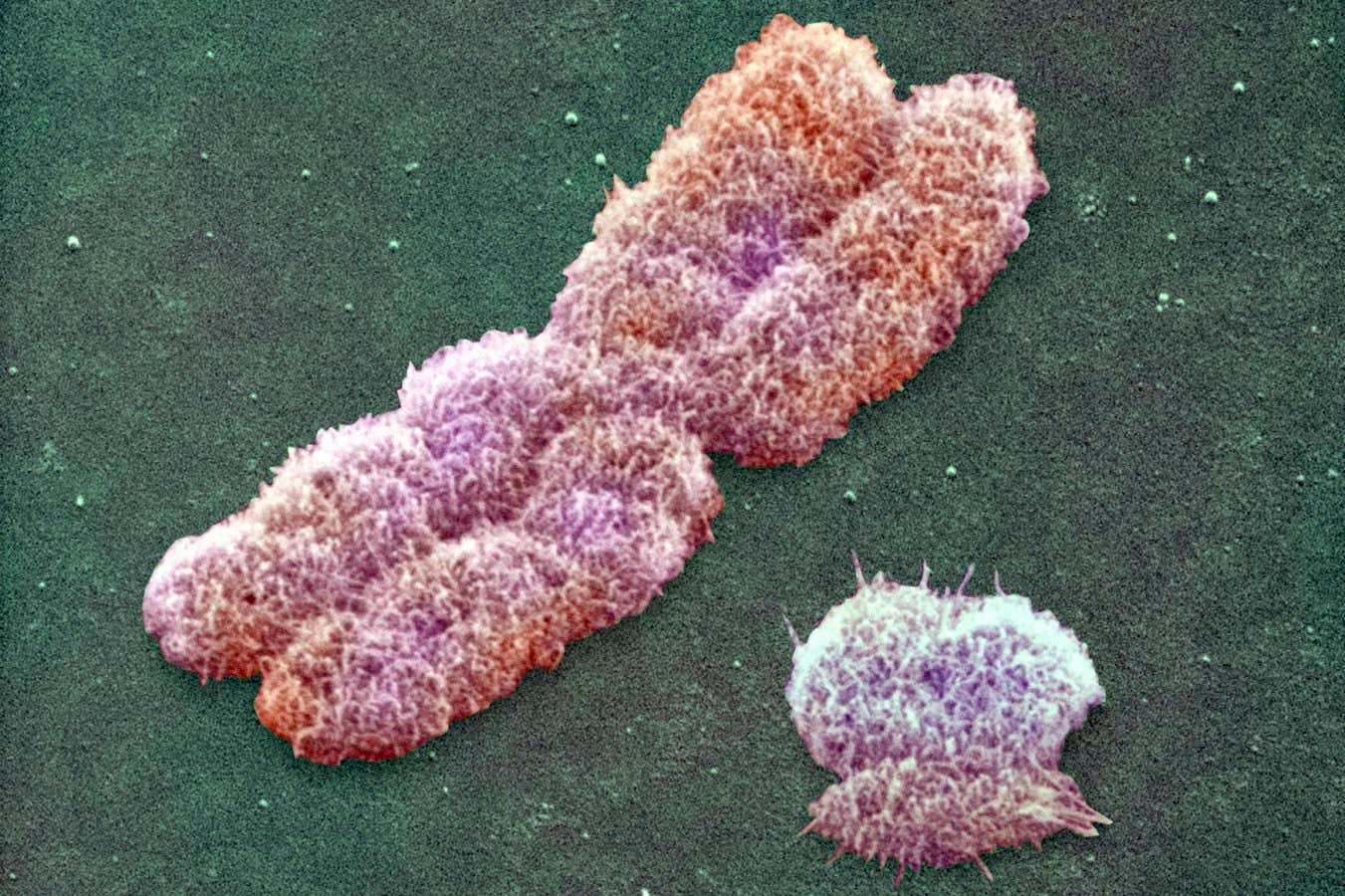
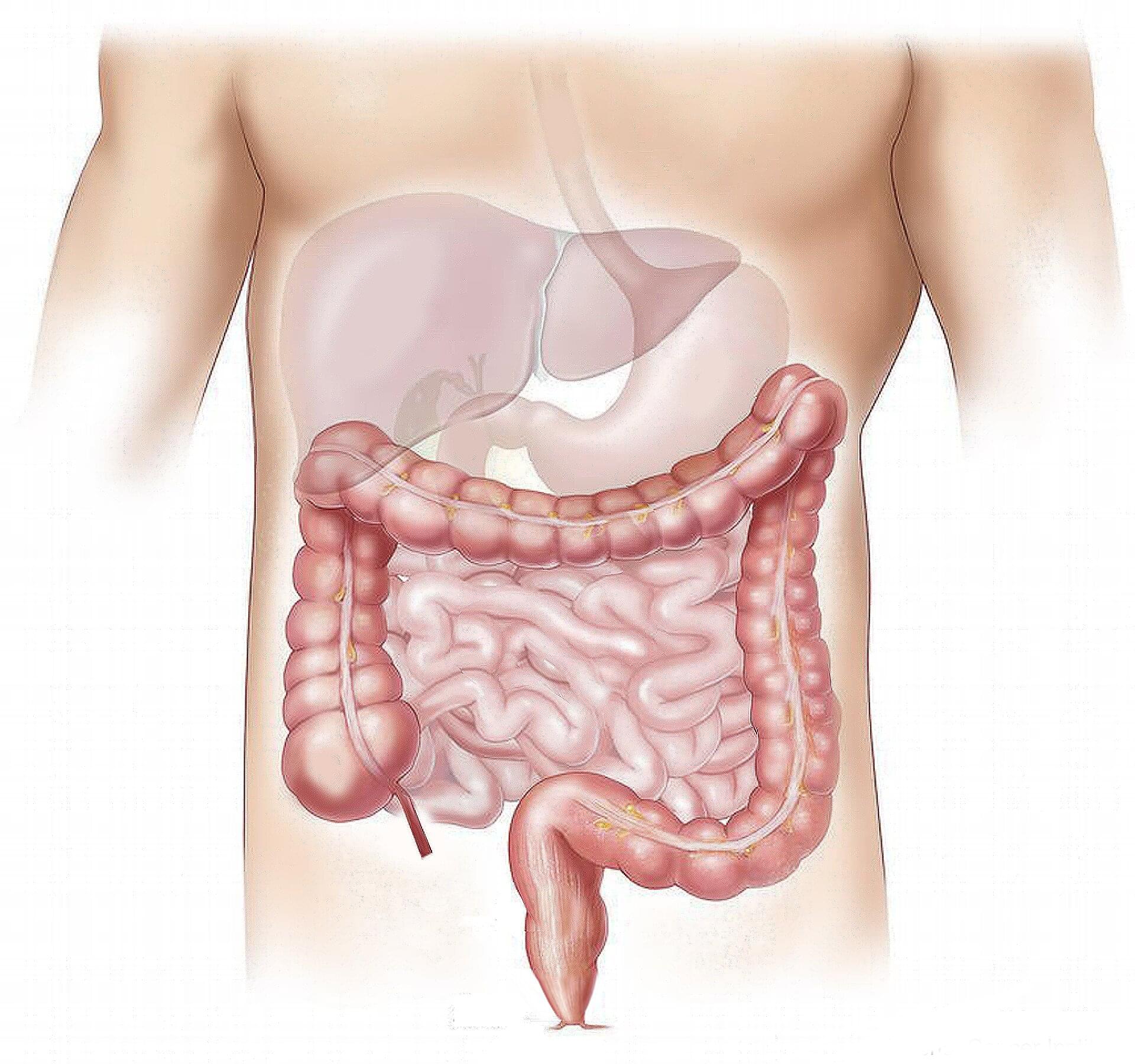
The introduction of artificial intelligence (AI) to assist colonoscopies is linked to a reduction in the ability of endoscopists (health professionals who perform colonoscopies) to detect precancerous growths (adenomas) in the colon without AI assistance, according to a paper published in The Lancet Gastroenterology & Hepatology.
Colonoscopy enables detection and removal of adenomas, leading to prevention of bowel cancer. Numerous trials have shown the use of AI to assist colonoscopies increases the detection of adenomas, generating much enthusiasm for the technology. However, there is a lack of research into how continuous use of AI affects endoscopist skills, with suggestions it could be either positive, by training clinicians, or negative, leading to a reduction in skills.
Author Dr. Marcin Romańczyk, Academy of Silesia (Poland), says, To our knowledge, this is the first study to suggest a negative impact of regular AI use on health care professionals’ ability to complete a patient-relevant task in medicine of any kind.

A new artificial intelligence tool will help Stanford Health Care physicians inform patients of their test results, with the goal of reducing administrative tasks.